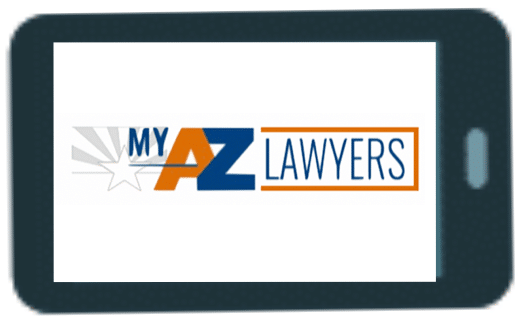An experienced Scottsdale bankruptcy lawyer can provide invaluable assistance to individuals seeking debt relief by offering personalized guidance, legal representation, and advocacy throughout the bankruptcy process. Here are several ways in which a skilled bankruptcy attorney can help someone struggling with debt:
Assessment of Financial Situation: A bankruptcy lawyer will thoroughly evaluate the client’s financial situation, including their debts, assets, income, and expenses. By understanding the client’s unique circumstances, the attorney can determine whether bankruptcy is the best option for debt relief or if alternative solutions may be more appropriate.
Explanation of Bankruptcy Options: There are different chapters of bankruptcy available under the U.S. Bankruptcy Code, including Chapter 7, Chapter 13, and Chapter 11. Each chapter has specific eligibility requirements, benefits, and consequences. A knowledgeable bankruptcy attorney can explain the differences between these options and help the client choose the most suitable bankruptcy chapter based on their financial goals and objectives.
Preparation and Filing of Bankruptcy Petition: Bankruptcy involves extensive paperwork and legal requirements. A skilled bankruptcy lawyer will assist the client in preparing and filing the bankruptcy petition, schedules, and supporting documents accurately and in compliance with the law. This helps ensure a smooth and efficient bankruptcy process.
Protection from Creditors: Once the bankruptcy petition is filed, an automatic stay goes into effect, which prohibits creditors from taking collection actions against the debtor, such as lawsuits, wage garnishments, foreclosures, or repossessions. A bankruptcy attorney will communicate with creditors on behalf of the client and ensure that they comply with the automatic stay.
Representation at Court Hearings: Depending on the type of bankruptcy filed, the debtor may be required to attend one or more court hearings. A knowledgeable bankruptcy attorney will represent the client at these hearings, advocate for their interests, and address any issues or objections raised by the bankruptcy trustee or creditors.
Negotiation with Creditors: In Chapter 13 bankruptcy cases, the debtor proposes a repayment plan to repay a portion of their debts over a specified period. A bankruptcy attorney can negotiate with creditors to obtain favorable terms for the repayment plan, such as reducing interest rates or extending the repayment period, to make the plan more manageable for the debtor.
Protection of Assets: Bankruptcy exemptions allow debtors to protect certain assets from being liquidated or sold to repay creditors. A skilled bankruptcy lawyer will help the client utilize applicable exemptions to protect their assets to the fullest extent allowed by law.
Post-Bankruptcy Counseling: After the bankruptcy discharge or completion of the repayment plan, a bankruptcy attorney can provide guidance on rebuilding credit, managing finances, and avoiding future financial difficulties. This includes advice on budgeting, credit repair, and responsible use of credit.
Overall, an experienced Scottsdale bankruptcy lawyer can provide comprehensive legal assistance and support to individuals seeking debt relief, guiding them through the bankruptcy process and helping them achieve a fresh financial start. By enlisting the services of a knowledgeable attorney, debtors can navigate the complexities of bankruptcy with confidence and peace of mind.












